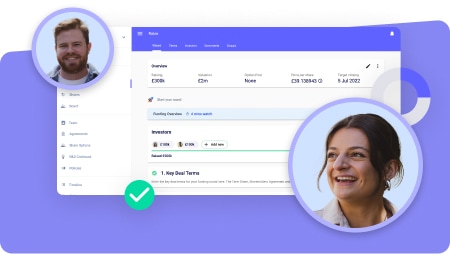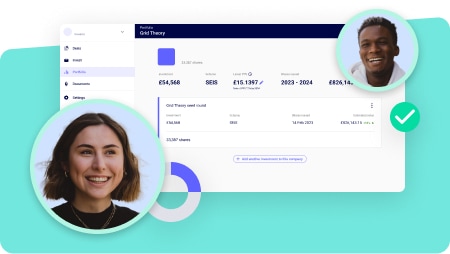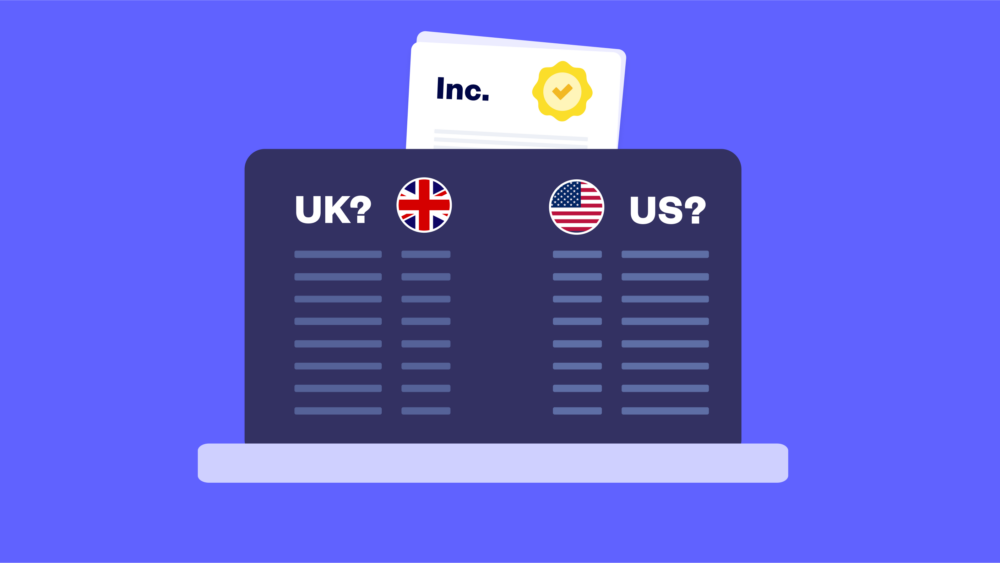Should I incorporate my company in the UK or in the US?
We hear this all the time: 'Should I set up my company in the UK or go straight for a Delaware C-corp?' In this practical guide, SeedLegals Founder CEO Anthony Rose breaks down the reality behind UK vs US incorporation.




























